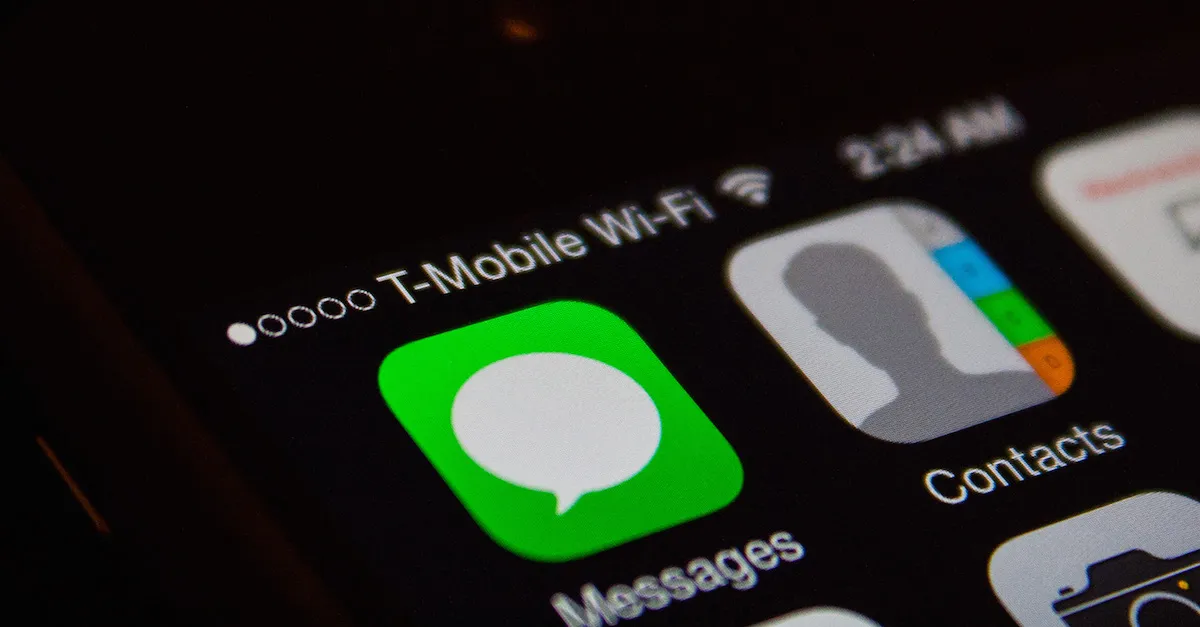
About 10 years ago, the wireless world was shaken up when AT&T announced it wanted to purchase T-Mobile for a whopping $39 billion.
The move was surprising for a few reasons: Just a few years prior, AT&T had received approval to merge with Cingular Wireless (though at a much higher price — $41 billion), and T-Mobile was a relatively scrappy wireless company — the smallest of the “big four” — with few perks to get excited about.
The merger never went through. AT&T ultimately paid T-Mobile $4 billion to call the whole thing off. What happened next was amazing: T-Mobile decided to break the rule book.
At a time when its rivals were moving away from unlimited data plans, T-Mobile brought them back, promising customers could unleash the full potential of those expensive smartphones that were burning a hole in their pocket. Subsidized contracts were gone, too: T-Mobile allowed customers to pay their phones off little by little, but otherwise allowed them to switch if they weren’t happy with the service — the ultimate customer satisfaction guarantee.
Other perks, like unlimited video and music streaming that didn’t count against data buckets and free in-flight wireless connectivity under a partnership with GoGo Internet, were eventually added into the mix. T-Mobile also offered plans that, on the upper tier, eliminated taxes. Rates were set competitively, and often lower, than their peers. If customers weren’t happy, they could easily break up with T-Mobile and go back to a competing service.
Few did.
T-Mobile positioned itself as the underdog, the rule-breaker, the company that wanted to challenge everything that was wrong with the wireless industry. It made enemies out of AT&T and Verizon while championing itself as the industry’s savior. It eventually grew to the point where it slid into position as the third-largest wireless company, and generated enough revenue to purchase its smallest competitor Sprint, a deal that closed last year.
Now, T-Mobile is no longer the underdog. It’s just another wireless company offering unlimited talk, text and data coupled with a handful of perks (better perks, if customers are willing to pay for them). So says Ina Fried, the chief technology correspondent at business publication Axios in a new article published on Monday.
“Today, T-Mobile is in a far stronger position than it was pre-merger,” Fried writes. “But the transformation leaves T-Mobile with something of an identity crisis.”
Some of T-Mobile’s critics are accusing it of tapping into the same competitive playbook that is used by its rivals AT&T and Verizon: If you can’t beat them, buy them and get bigger while stifling competition.
One of the company’s biggest critics is Dish Network, a television broadcaster who recently acquired Sprint’s disposed asset Boost Mobile with the ambition of creating a next-generation, 5G-driven wireless phone service of its own. Dish Network still has some work to do before that network is brought online.
Until that network is brought online, Dish Network’s customers are reliant on T-Mobile: The Magenta company owns and operates Sprint’s previous-generation network that uses CDMA technology, a network that continues to be used by Boost Mobile and some of Sprint’s customers.
T-Mobile recently announced plans to shut down Sprint’s CDMA network and transition Sprint’s post-paid customers over to T-Mobile’s next-generation network, a move that Dish Network complains won’t just leave them in the cold, but is a tactic out of a playbook used by its rivals.
Dish Network recently sent a letter to federal regulators complaining that T-Mobile’s move to shut down the CDMA network reneged on an agreement between the two companies to continue supporting Boost Mobile customers for a limited time. That agreement, Axios noted, didn’t specifically extend to T-Mobile continuing to support the CDMA network.
T-Mobile could continue to support Dish Network’s Boost Mobile customers by allowing Boost Mobile customers access to T-Mobile’s next-generation network, but this could mean Boost Mobile customers would have to purchase new devices since phones, tablets and hotspots running on Sprint aren’t always compatible with those used by T-Mobile for its network.
Dish obviously has an incentive to keep customers locked on to Sprint’s older network: If customers are forced to upgrade their devices to ones that support T-Mobile’s next-generation network, there’s little stopping those customers from eventually ditching boost in favor of T-Mobile. The Magenta company is aggressive with its network switch deals: The company often tells customers of its competitors that they can get hundreds of dollars off a new phone, or, in some cases, a free phone with a two-year commitment.
All told, the criticism and the competitive behavior is a symptom of growing up and joining the big leagues. T-Mobile is no longer the underdog. It’s just another choice n a world full of wireless phone plans that cost $70 a month or more and are packed with perks.